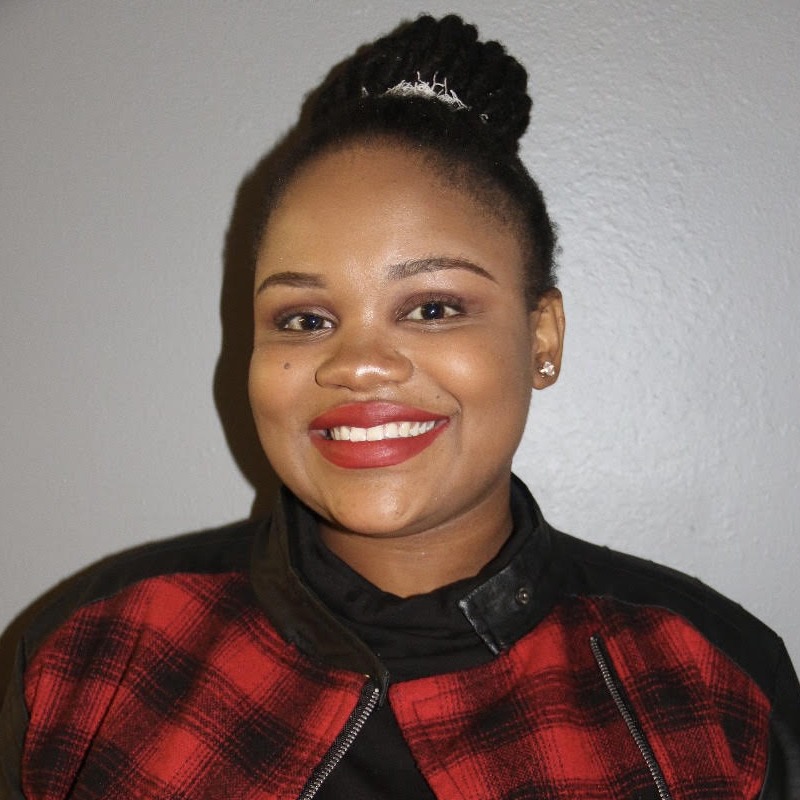Country of origin
South Africa
Which company do you work for?
North West University
What is your specific area of specialisation?
Postgraduate Research Support
How long have you been in the Science, Technology, Engineering and Maths (STEM) fields?
2 years
As a woman in a male dominated industry, what has been the biggest challenge you have faced in your career, and how did you overcome it?
I started out as a Geographic Information Systems Consultant for a private company that was white male dominated. Fresh out of my Honours year, I was grateful for the opportunity to start off in a well-established private company doing what I loved, GIS and Remote Sensing. However, two months into the job, I realized that I did not want to be in GIS anymore – despite having wanted it my entire varsity career.
This presented a problem because firstly, I had studied this course for four years, and secondly, my parents had already paid for two degrees and convincing them to pay for a third would be difficult. I eventually resigned (three months after working in industry) and went back to school to do my MSc. I am currently in the reporting stage of my Masters that looks at the impacts of Climate Change on smallholder farmers in Limpopo and also working at the Centre for Teaching and Learning at NWU in Postgraduate Research Support.
What inspired you to join this industry?
I’ve always wanted to be a natural scientist. I fell in love with Geography and Life Sciences in high school and researched as many careers in the sciences as I could. When I went to Rhodes University in 2016, I knew that a career in any other field would not work for me. My mother works at the Department of Agriculture and my grandfather is a farmer, so all my research has been aligned with incorporating, agriculture or the natural sciences and making it into a career.
What changes, if any, have you seen in your field with regards to women in your field?
There has been an increase in young, black female academics in science faculties across South African universities (and Africa as a whole) over the last few years. Young female academics are chasing MSc degrees and PhDs and adding to the world of STEM through research, conferences, papers and books. It is so motivating when as a researcher, I am able to reference an article authored by a 26-year-old Dr of science called “Naledi” because for a very long time that was not a reality.
How can we attract more women to consider a career in the STEM fields?
STEM is so vast in terms of career paths, however, not many learners are aware. Education and awareness should begin at school level, so that by the time learners reach university, they are aware of the options they have in STEM and can study towards reaching their goals. I recently won a Science Communication competition, where we were tasked to explain our science work to people that had no prior knowledge of the sciences. Initiatives like this are great for introducing people to the work that we do in STEM and hopefully motivating them to seek careers in this industry.
If you were to advise other young women starting their careers in the tech or within the STEM fields, what is the one thing you would say to them?
Break barriers in your field. Make every effort to push boundaries within the space or industry you have committed to. STEM is an ever growing and ever-changing field. Find your niche, research, learn and make a valuable contribution to your field. Find a personal motivator and let that keep you going even when you face challenges (because believe me, you will). My end goal has always been “using science to help people”, which is why I became a climate researcher. Many of our people depend on the land for sustenance and climate change plays a vital role in how productive the land is. If we can use science and indigenous knowledge to mitigate the impacts of climate change and adapt better to an ever-changing environment, we can reduce the risk of food insecurity, unemployment and many other social ills.
When not working, what do you do for fun?
I listen to a lot of music, do bible study with friends, go out and explore new spaces to eat and adventure. I love the outdoors, so hiking, walking, or even just eating at a restaurant by the lake is my idea of fun.


